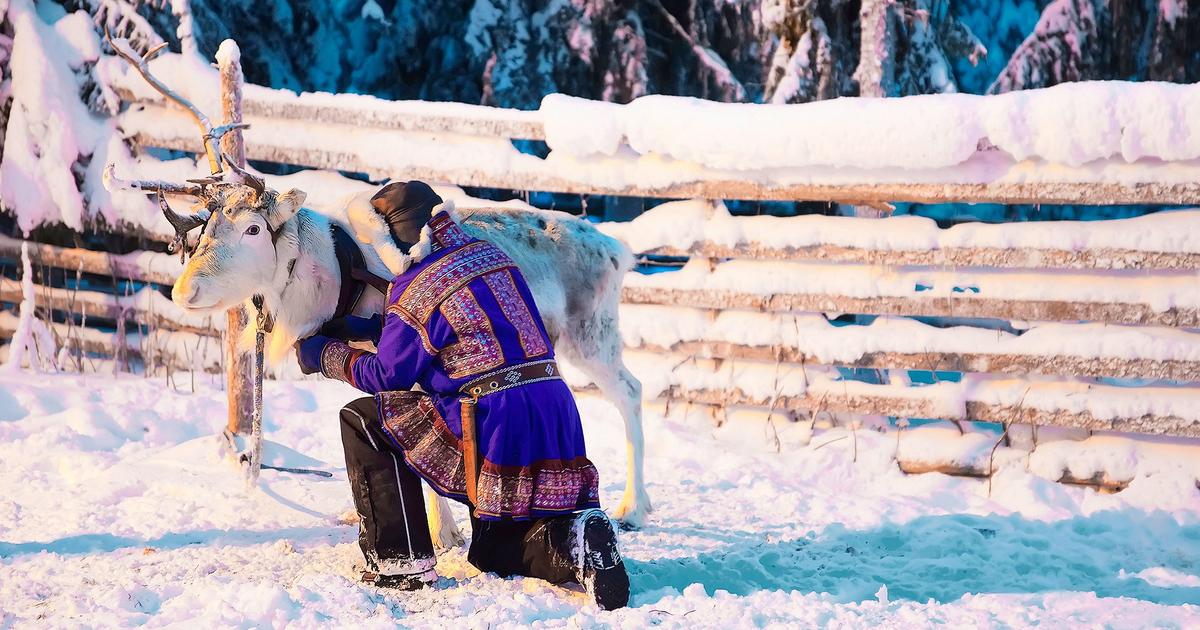In many parts of Germany there is hardly any snow left - the winters are getting warmer. Small children almost only know the white flakes from children's books.
Hanover (dpa) - Snow is becoming increasingly scarce in many regions of Germany.
For many, especially small children, this means that they have rarely seen snow and probably hardly ever played with it - unless their parents go on a winter vacation with them. But: Even at high altitudes, snow is sometimes scarce, even the ski areas of the Alps are no longer "snow reliable" everywhere: For years, the winters have been getting warmer and less snowy.
According to the German Weather Service (DWD), there was an average of about 47 days with a blanket of snow in Germany from 1961 to 1990 and averaged over Germany. In the past 30 years, the number of days with snow cover has dropped significantly - sometimes to only about 20 days. However, the snowy year 2010 stood out.
A three-year-old from Hanover today actually saw winter landscapes almost only in children's books. Since his birth, there has hardly been any closed snow cover in the region. It hardly snowed this winter, and some flakes fell in spring 2019.
So picture books or school books will have to look different in the future? Katrin Hogrebe, spokeswoman for Carlsen Verlag in Hamburg, confirms the idea of once making a book in which Christmas takes place in a snow-free winter. However, when this will become reality is still unclear.














